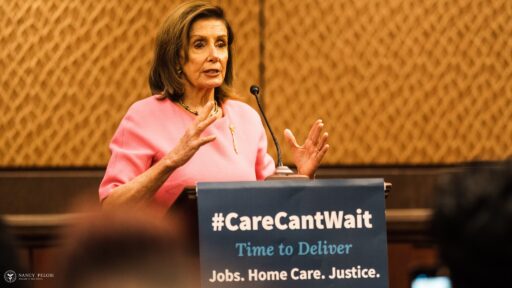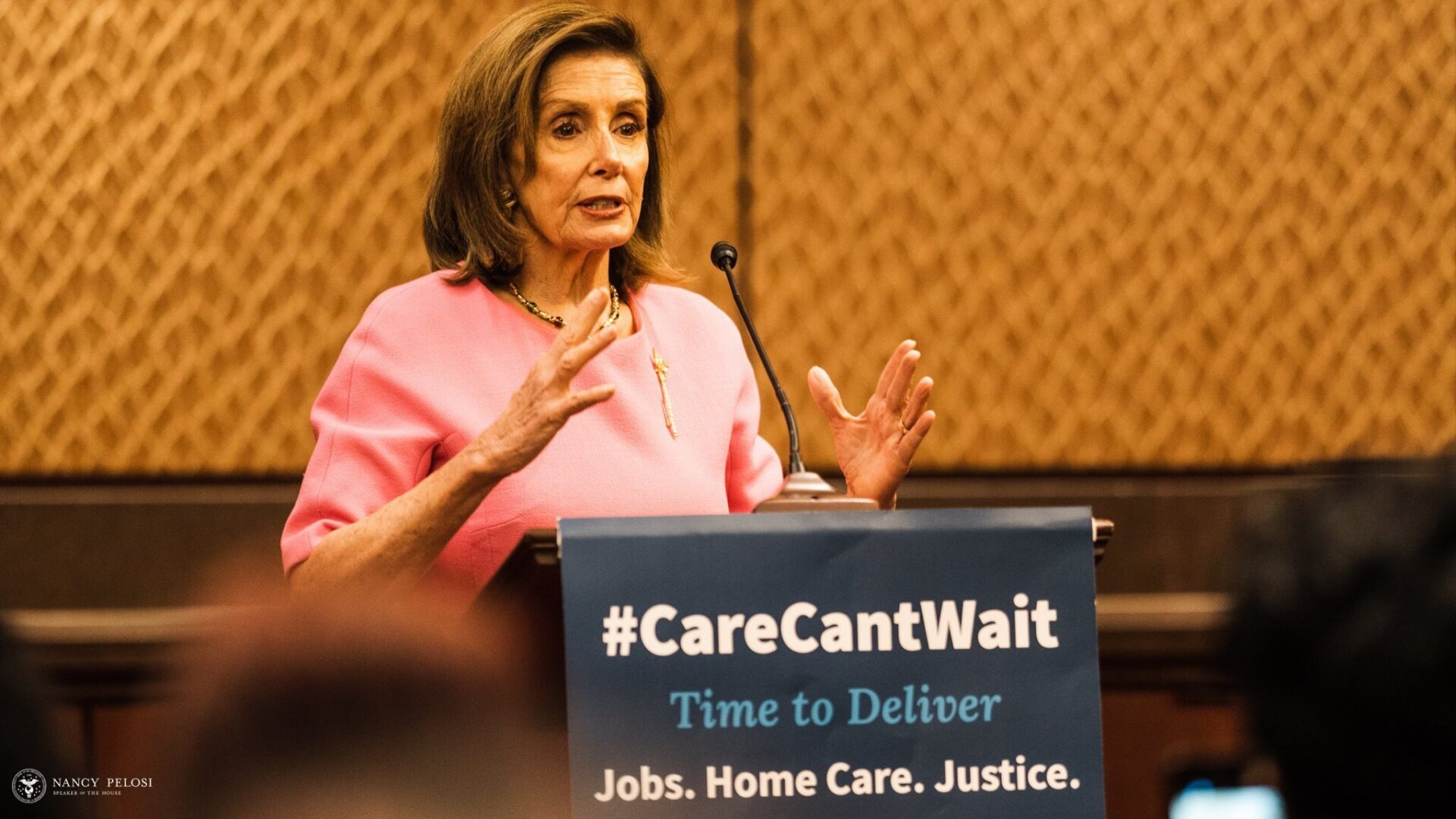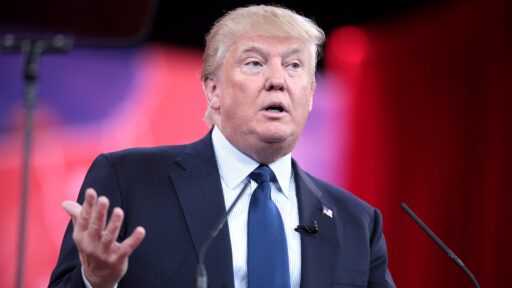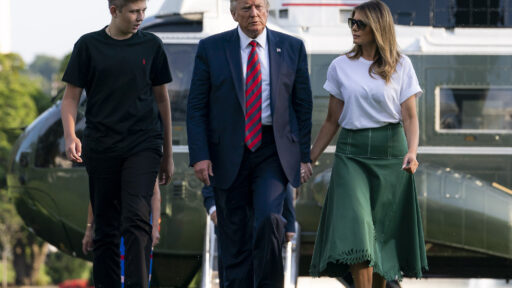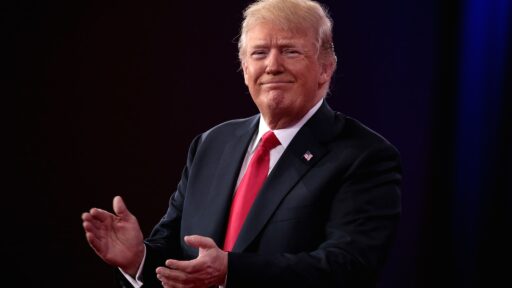Pelosi really crossed the line this time.
Recent reports reveal that former House Speaker Nancy Pelosi played a pivotal role in forcing President Joe Biden to withdraw from his 2024 reelection bid. According to sources, Pelosi exerted substantial pressure on Biden and even threatened him while he was recovering from COVID-19 at his Delaware beach house, compelling him to reassess his campaign strategy.
Pelosi reportedly issued a stark ultimatum to Biden, warning him that she would publicly attack him if he did not step down. Her concerns centered around Biden’s declining cognitive abilities and the growing calls for him to exit the race. Insiders shared with the Daily Mail that Pelosi threatened to disclose unfavorable polling data and publicly argue that Biden could not defeat former President Donald Trump, who is the likely Republican nominee.
This intervention was significant enough to prompt Biden to have a critical moment of self-reflection. It led to the drafting of a resignation letter from his campaign, which was made public on July 21. In a subsequent interview with “CBS News Sunday Morning,” Biden acknowledged that his decision to leave the race was influenced by worries from his fellow Democrats, who feared that his continued candidacy might negatively impact their electoral prospects.
Biden mentioned Pelosi by name during the interview, indicating that her public stance and the pressure from other party members contributed to his decision. He described himself as a “transition president,” suggesting that he viewed his role as a stepping stone to a new leadership era, which he believed would be less contentious if he endorsed Vice President Kamala Harris as his successor.
Pelosi, now 84, confirmed that she had engaged in discussions with Biden and addressed concerns from other Democrats who were anxious about the 2024 elections. Anita Dunn, a former senior advisor to Biden who has since joined Harris’s campaign team, placed significant blame on Pelosi for Biden’s exit. Dunn suggested that Pelosi’s public criticism set a precedent that encouraged other party leaders to voice their concerns openly.
Dunn also criticized the Democratic Party’s decision-making process, accusing it of being overly influenced by donors rather than the will of the voters who initially supported Biden in the primaries. This development highlights a growing schism within the party, reflecting deeper issues about leadership and strategy heading into the next election cycle.


